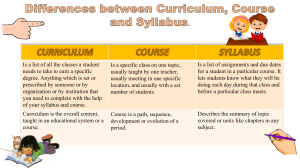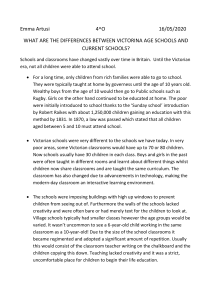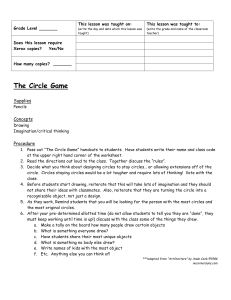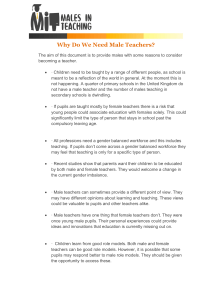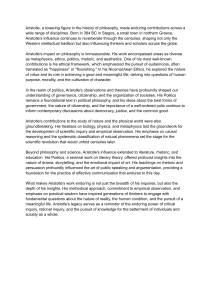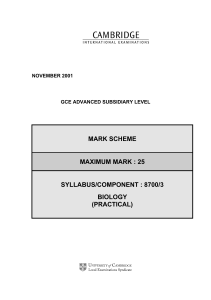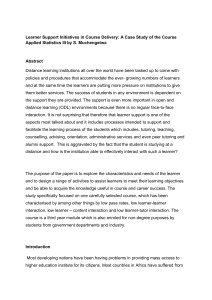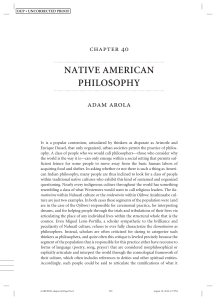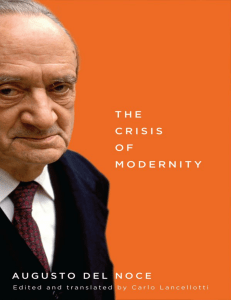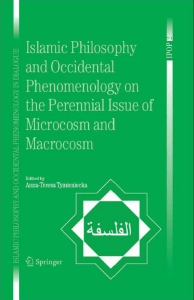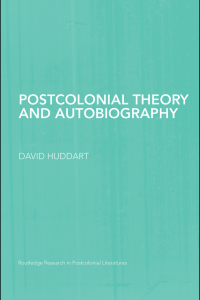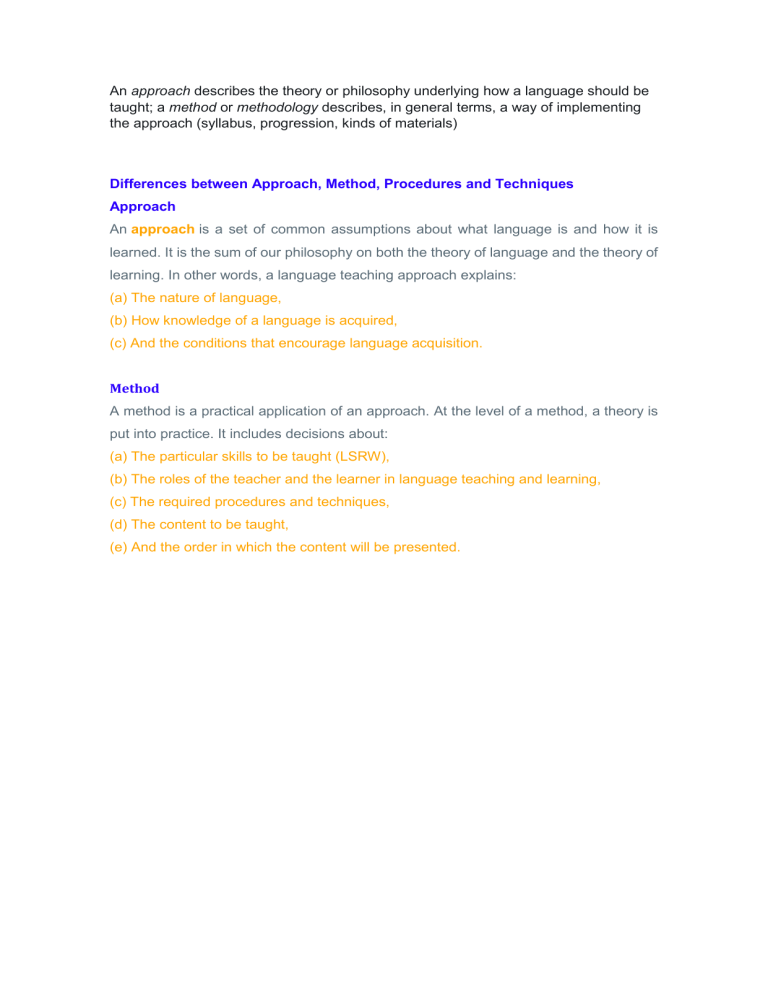
An approach describes the theory or philosophy underlying how a language should be taught; a method or methodology describes, in general terms, a way of implementing the approach (syllabus, progression, kinds of materials) Differences between Approach, Method, Procedures and Techniques Approach An approach is a set of common assumptions about what language is and how it is learned. It is the sum of our philosophy on both the theory of language and the theory of learning. In other words, a language teaching approach explains: (a) The nature of language, (b) How knowledge of a language is acquired, (c) And the conditions that encourage language acquisition. Method A method is a practical application of an approach. At the level of a method, a theory is put into practice. It includes decisions about: (a) The particular skills to be taught (LSRW), (b) The roles of the teacher and the learner in language teaching and learning, (c) The required procedures and techniques, (d) The content to be taught, (e) And the order in which the content will be presented.
